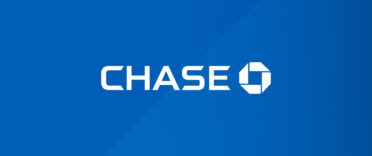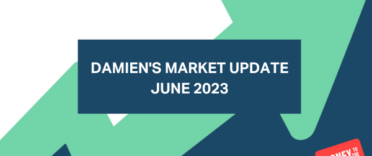Banks will soon have to pay back fraud victims
The Financial Conduct Authority (FCA) are to carry out a review into whether card providers are trying to avoid paying money back to fraud victims. It is estimated that over 150,000 customers a year are denied a refund with banks accused of acting unfairly in many cases.
What is the current situation regarding bank refunds?
Banks are supposed to refund customers who have had cash stolen from their accounts unless they can prove the victim was 'grossly negligent' by failing to keep their card or card details safe. However, it is often felt that banks are dismissing claims out of hand and not treating customers fairly. The majority of such cases are where cards or card details have been allegedly stolen or so-called phantom withdrawals have been made from cash machines.
What is covered under the review?
The review will look at cases where alleged fraud victims have been denied a refund and see whether the rules, outlined above, are being adhered to. It is often felt that banks are just assuming that customers have been negligent rather than carrying out a proper investigation to find out the truth.
Will it mean my claim for a refund will now be approved?
Not necessarily, banks will still have the right to refuse fraud claims but it is felt that this review will pressure banks to follow the current rules and treat customers fairly.
Will the rules on refunds now be enforced?
Banks could face fines if the review finds cases of a serious failure to treat customers fairly.
How widespread is card and internet fraud?
According to the UK Cards Association the situation is worsening with £450 million stolen last year which is an increase of 16% on 2012. Losses on online and mail order purchases are up 22% on 2012 at £301 million.
What can I do to protect my bank and credit card accounts?
- Never disclose to anyone personal details, such as pin numbers and account passwords
- Treat all unsolicited phone calls with suspicion, even if you think they are from your bank or another trusted source
- Never click on any links within an email from an unknown source or purporting to be from your bank
- Before you enter your account details into a website make sure there is a padlock symbol in your browser and that the web address changes from staring with 'http' to 'https' as this means the website is secure
- If you have a wireless network at home make sure you have activated the security settings
- Avoid accessing your bank account from a public computer or unsecured wireless network
- Avoid posting personal information on social network websites like Facebook and Twitter and only accept friend requests from people you know
- Try and use cash machines in busy locations such as shopping malls, rather than those located on quiet street corners
Image: FreeDigitalPhotos.net





